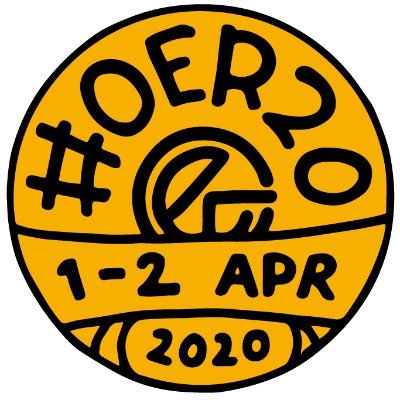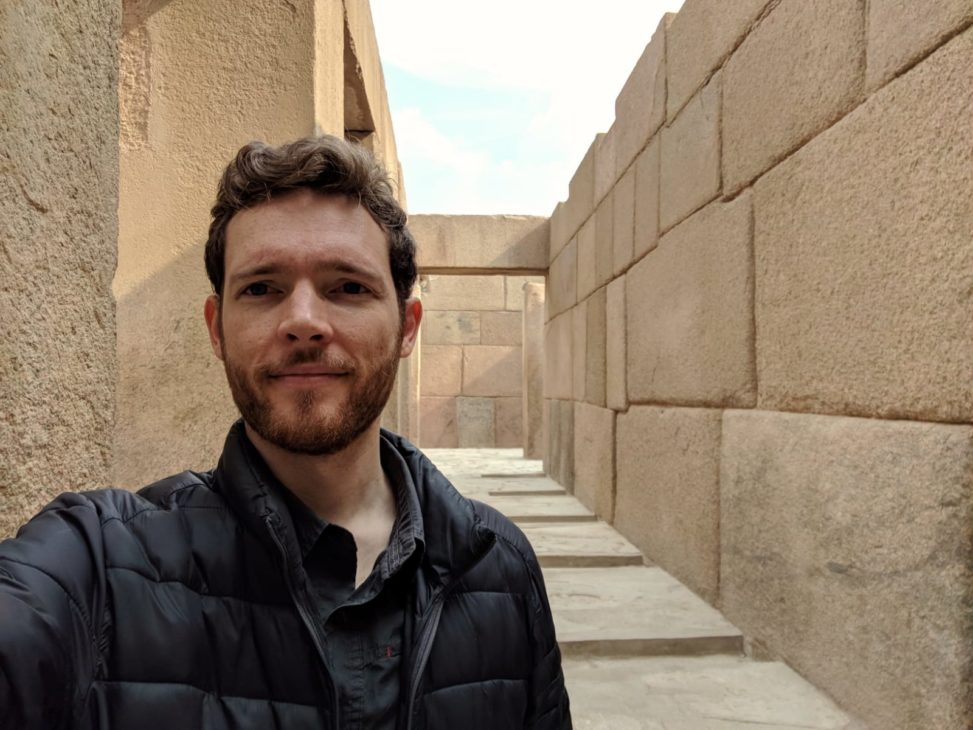1) Who are you?
I work as Principal Innovation Lead at the Disruptive Media Learning Lab (Coventry University), with a special focus on Digital Fluency, Open Knowledge and Networked Learning.
I was born in beautiful Seville (Spain) and moved to the UK about a decade ago.
After completing my DPhil (PhD) at the Oxford Internet Institute (OII), I joined Coventry University as Online International Learning Programme Manager in 2014. Prior to moving to the UK, I worked at the International University of Andalucia (Spain), where I was one of the founders of its Digital Practices & Cultures Programme and its Centre for Creation & Experimentation in Digital Content.
I am co-chairing the OER20 Conference, co-directed the Learning on/with the Open Web Conference in 2018 and have been involved in a number of EU-funded projects in the fields of Open Education and Learning Technologies. I am a Senior Fellow of the Higher Education Academy, a Mozilla Open Leaders alumnus (5th cohort) and a member of the Advisory Board of the Open Education Working Group.
I am interested in the social and cultural implications of information and communication technologies and the role of the Internet and computerisation in everyday life. I also have experience in the fields of visual culture, photography, arts and design.
2) What is your vibe? Share it in a meme or quote…
“There is nothing as practical as a good theory” – Kurt Lewin
The University of Seville’s Personal Networks and Communities Lab prited that quote on some t-shirts I got one –which I proudly wear when it is warm enough– from Isidro Maya @isidromj.
3) What gives you hope these days?
Mostly my baby daughter, who by the way is turning 8-month-old during OER20. When I look at her I get hope future generations will be much better than previous ones at living in this world, but we just need to take urgent action to give them the chance to do so.
Also, these days I am seeing things –both small and big– that give me hope we humans can put aside differences and prioritise cooperation, care and mutual support. A small-scale, and now familiar to many, example: a neighbour slipped a note through all doors in our street and started a message group so that we can help each other. Now pretty much everyone has joined the group and we regularly check out how we can support others and/or ask for help if needed, but also discuss other stuff beyond COVID-19. I do hope these much needed networks will last beyond the current crisis.
4) Who are you learning from lately?
Over the last few months I have learnt a lot from Maren, Martin and the rest of the ALT team and also from my co-chairs Mia and Jonathan, but most recently I am learning tons from many people in my network on how to adjust to this new reality that is unfolding after the COVID-19 outbreak, and especially from my family and parents. It is always inspiring to see them focusing on the positives and making the most of what life has to offer, even at difficult times like these ones under lockdown and despite the geographical distance between us being now more evident than ever.
5) In your opinion, what should we all be caring about? Why?
We should be caring about the impact of our actions and practices on the world. Something that is no doubt extremely daunting in a world where manifold chains of actors span at a global scale and in which we’re surrounded by countless black boxes. This has obvious implications for nature (e.g. waste, climate change), but also for the welfare of other human beings who are, for example, embedded into the commodity chains we interact with as we live our everyday lives. Likewise, in the complex socio-technical ecosystems we inhabit it is rather difficult to get a sense of the impact that our behaviour (e.g. as materialised in the data traces we leave behind as we interact with online platforms) might have on both ourselves and others. And that takes us to education and the importance of caring about more critical forms of digital literacy and fluency that should empower people (i.e. us, our immediate communities and society at large) to better understand the political economy and social implications of ICTs and the now post-digital media environment.
6) What do you hope to take away from OER20?
I am hoping to learn more about how care and caring pedagogies can be taken to the core of education through engagement with open educational practices. But beyond openness for its own sake, I am interested in better understanding both its value and limitations as a way of fostering equity, social justice and access to knowledge and learning opportunities for all.
Also, given the current circumstances (i.e. having to run an online version of conference with a reduced programme instead of the face 2 face event that was originally planned), I am keen to take this as an opportunity to reimagine its format and see how OER20’s special format might influence future iterations of the conference. Therefore, while navigating the programme I will (and invite others to do the same) bear in mind at least two the of the questions that Bruno Latour has recently suggested as part of a little exercise to make sure that, after the virus crisis, things don’t start again as they were before:
- Question 1: What are the activities now suspended that you would like to see not resumed?
- Question 4: Which of the now suspended activities would you like to develop/resume or even create from scratch?
Shared by: @villaronrubia
Edit Link: (emailed to author)
Request Now

